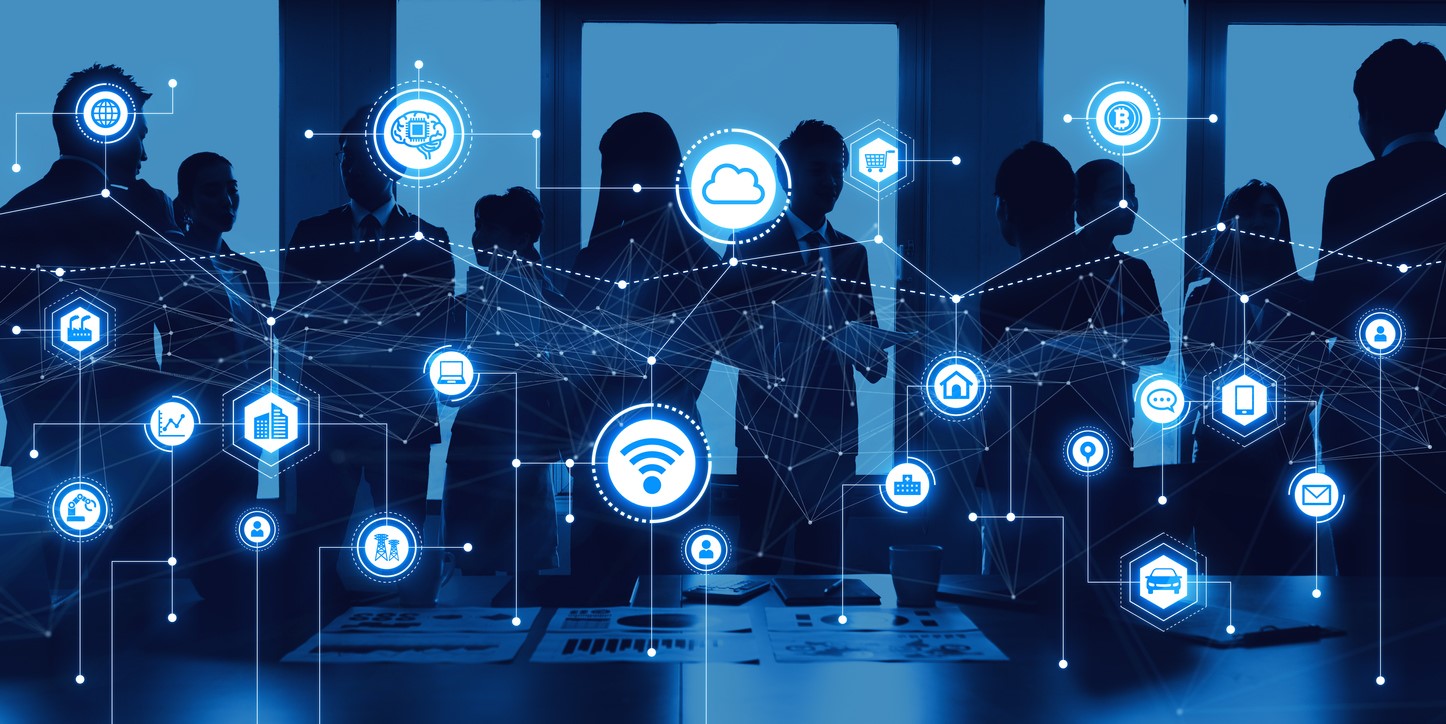
Enhancing Efficiency: The Role of Smart Office Technology Integration
In the ever-evolving landscape of modern workplaces, the integration of smart office technology is becoming a pivotal factor in fostering productivity, efficiency, and a seamless work environment. Let’s delve into the myriad ways in which Smart Office Technology Integration is transforming the traditional office setting and shaping the future of work.
Connected Devices for Seamless Collaboration
Smart office technology thrives on connectivity, and the integration of connected devices is at the forefront of this transformation. From smart projectors and interactive displays to IoT-enabled conference room equipment, these devices create an interconnected ecosystem that facilitates seamless collaboration and communication among team members.
Automated Workflows and Streamlined Processes
One of the key benefits of smart technology integration is the automation of workflows and the streamlining of everyday processes. Smart office solutions can automate routine tasks such as scheduling meetings, managing calendars, and handling administrative duties. This automation not only saves time but also allows employees to focus on more strategic and value-added aspects of their work.
Intelligent Energy Management for Sustainability
Smart office technology extends its impact beyond efficiency and productivity to contribute to sustainability efforts. Intelligent energy management systems, integrated into the office infrastructure, optimize lighting, heating, and cooling based on occupancy and natural light levels. This not only reduces energy consumption but also aligns with environmentally conscious practices.
Ninth World Hub: Explore Smart Office Innovations
Discover the latest in Smart Office Technology Integration at Ninth World Hub. Our platform is dedicated to showcasing innovations that redefine the modern workplace. Explore how smart technologies are revolutionizing office spaces and unlocking new possibilities for businesses.
Enhanced Security through Access Control Systems
Security is a paramount concern for any workplace. Smart office technology introduces advanced access control systems that go beyond traditional key cards. Biometric authentication, facial recognition, and mobile-based access provide heightened security measures, ensuring that only authorized personnel can access sensitive areas.
IoT Sensors for Workspace Optimization
IoT sensors play a crucial role in optimizing workspace utilization. These sensors can monitor occupancy levels, temperature, and air quality in real-time. This data is then analyzed to make informed decisions about office layout, space allocation, and environmental conditions, creating a more comfortable and efficient workspace.
Personalized Experiences with AI Assistants
The integration of artificial intelligence (AI) assistants enhances the personalization of the workplace experience. AI-powered virtual assistants can learn individual preferences, automate routine tasks, and provide personalized information. This not only boosts individual productivity but also contributes to a more user-centric work environment.
Data-Driven Decision-Making
Smart office technology generates a wealth of data that can be leveraged for informed decision-making. Analytics tools can provide insights into space utilization, employee productivity, and overall office performance. This data-driven approach enables organizations to make strategic decisions to enhance efficiency and optimize resources.
Adaptability for Hybrid Work Environments
The rise of hybrid work models requires office spaces to be adaptable and flexible. Smart office technology facilitates this adaptability by providing solutions that support remote collaboration, virtual meetings, and flexible workspace arrangements. This ensures that the office remains a hub for collaboration, regardless of the physical location of team members.
Future-Proofing the Workplace
The integration of smart office technology is not just a current trend but a strategy for future-proofing the workplace. As technology continues to evolve, smart office solutions can easily be updated and adapted to incorporate the latest advancements. This scalability ensures that organizations can stay at the forefront of innovation in the ever-changing landscape of work.
Embrace the Future of Work
Smart Office Technology Integration is a catalyst for transforming traditional workplaces into dynamic, intelligent, and future-ready environments. By embracing these innovations, organizations can enhance collaboration, improve efficiency, and create a workplace that not only meets the needs of today but is prepared for the challenges and opportunities of tomorrow.
